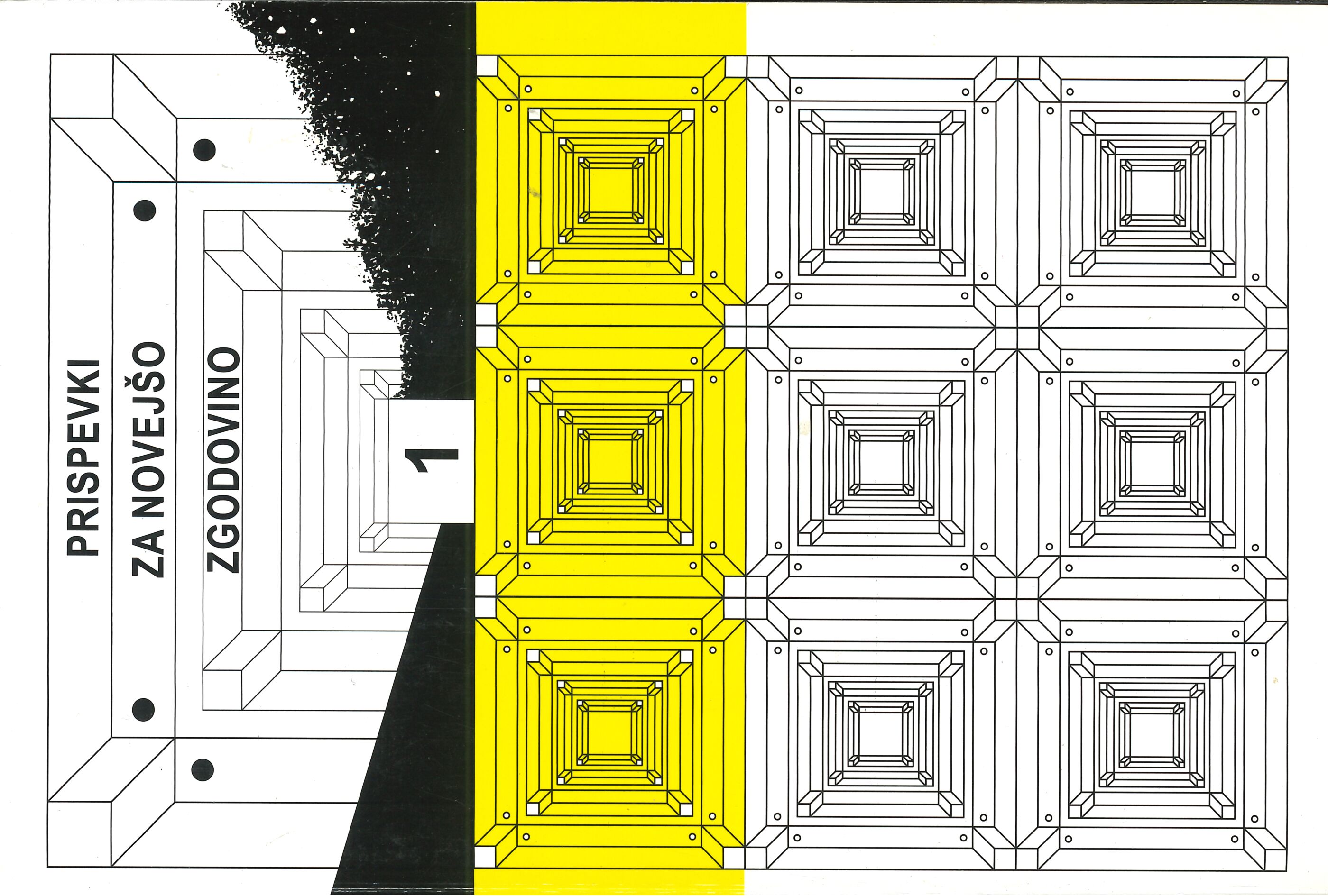Domoljubje in Slovenska vojska
Keywords:
Slovenia, Army, Slovenian Army, patriotism, General Maister, defensive war, Territorial DefenceAbstract
PATRIOTISM AND THE SLOVENIAN ARMY
On the basis of the study of archive sources and literature the author analyses the decisive measures taken by General Maister and his fighters, ensuring that at the end of World War I and immediately after it units were established which may have been similar to the pre-war units in terms of the formation, but were nevertheless completely different, especially in terms of the national structures and chains of command. These units had a significant effect on the formation of the northern border of the newly-created state. The author associates these events from almost a century ago with the formation of the armed forces and military activities during the Slovenian Independence War, when the Slovenian Territorial Defence was transformed from a second-class reserve army, similarly as »Maister's Army« in 1918, into a modern defence force and opposed the attackers confidently and completely equally in cooperation with the Slovenian militia, civil protection and with the support of the population, thus protecting the establishment of the Slovenian state and defending its independence. Both of these armies represent the patriotic imperative for the operations of the Slovenian Army today.
Downloads
Published
Issue
Section
License
Authors who publish with this journal agree to the following terms:
- Authors retain copyright and grant the journal right of first publication with the work simultaneously licensed under a Creative Commons Attribution License that allows others to share the work with an acknowledgement of the work's authorship and initial publication in this journal.
- Authors are able to enter into separate, additional contractual arrangements for the non-exclusive distribution of the journal's published version of the work (e.g., post it to an institutional repository or publish it in a book), with an acknowledgement of its initial publication in this journal.
- Authors are permitted and encouraged to post their work online (e.g., in institutional repositories or on their website) prior to and during the submission process, as it can lead to productive exchanges, as well as earlier and greater citation of published work (See The Effect of Open Access).


